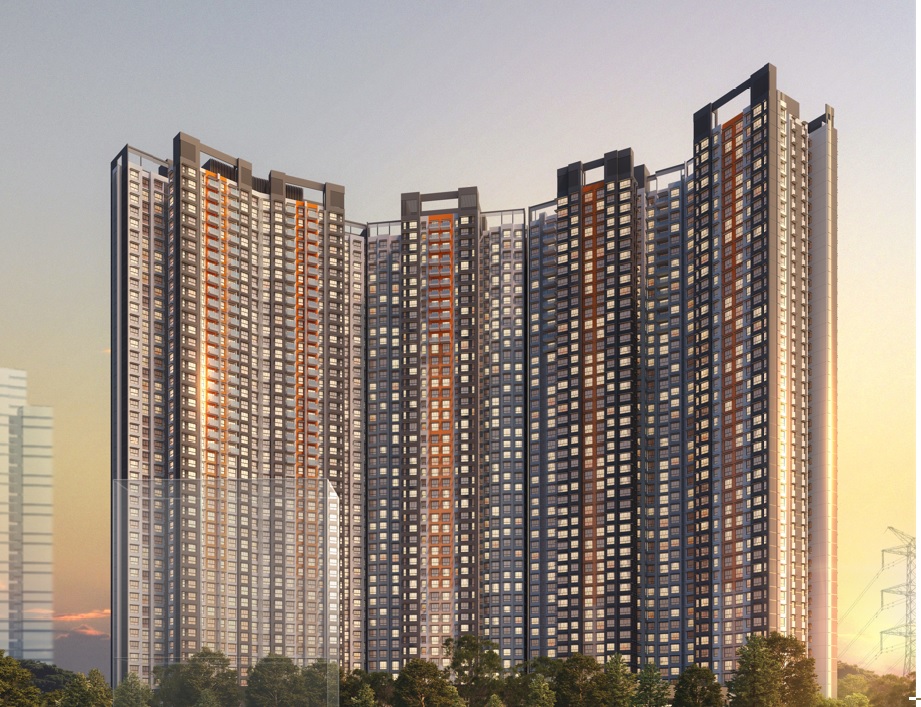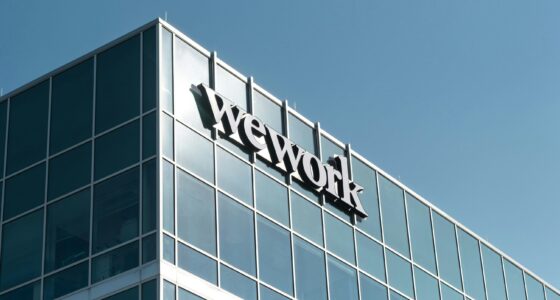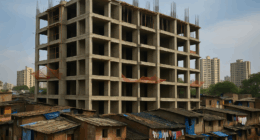- Avg. time to complete residential projects of 500+ units in top 7 cities down to 4.9 years from H1 2014 – H1 2024 compared to 6.1 yrs. in 2010-2019 period
- Chennai saw highest reduction of 36% in completion time, from 5.6 years in 2019 to 3.6 years in H1 2024; in Bengaluru & Hyderabad, completion time down to 4.8 & 4.2 years respectively
- NCR saw a significant 25% reduction – from 7.2 years in 2019 to 5.4 years in H1 2024
- In MMR, average completion time reduced to 5.2 years in H1 2024 from 6.5 years in 2019 – a reduction of 20%
- In Kolkata, homebuyers’ wait for large projects longest at 5.7 years with a just 10% reduction from 6.3 years in 2019
- For smaller projects (100-500 units), top 7 cities avg. wait time reduced to 4.0 years in H1 2024 from 4.9 years in 2019
- Project completion impact on unsold inventory – 13% reduction b/w H1 2019-end to H1 2024-end.
In what can be seen as a combined effect of RERA, modernisation of construction technology, and the increasing market share of large and listed developers, the last decade (2014-H1 2024) has seen homebuyers’ wait for possession in large under-construction projects in the top 7 cities reduce to 4.9 years, from 6.1 years in the 2010-2019 period.
Anuj Puri, Chairman – ANAROCK Group, says, “Latest ANAROCK data reveals that the average time to complete large residential projects of 500+ units in top 7 cities clocked in at 4.9 years from 2014-H1 2024, from 6.1 years in the preceding decade. Large and listed players account for nearly 34% of the market today. The stringent rules imposed on project delays by the regulatory authorities have also been a key factor in reducing the completion time.”
All projects launched and completed between 2010-2019 and 2014-H1 2024 in the top 7 cities were analysed in the study, and were further segregated into developments with less than 500 units larger ones with over 500 units.
When it comes to completing large projects, the top southern cities were markedly ahead of their northern, western, and eastern counterparts. For all large projects launched and completed between 2014 and H1 2024, the average completion time was lowest in Chennai with 3.6 years, while Hyderabad and Bangalore clocked in at 4.2 and 4.8 years respectively.
“For most large projects in NCR and MMR, developers had purchased land outright, thereby compromising their overall financial health and delivery capability,” says Puri. “On the other hand, most projects in the main southern cities are joint developments where landowners usually get a certain share of the developed units. In NCR, extreme weather conditions and the statutory restrictions imposed on construction when the pollution levels rise also play affect construction timelines in the region. Most developers have gradually reduced their leverage and with stronger financial conditions, are able to focus on execution.”
It is noteworthy that at 36%, Chennai has the highest reduction of construction time among the top 7 cities, despite incessant rains during the monsoon season causing major challenges..
Small & Large Projects: Completion Trends (2014-H1 2024)
The average time taken to complete smaller projects of less than 500 units in the top 7 cities was 4.0 years, and 4.9 years for large projects of >500 units each.
- In Kolkata, large projects launched and completed between 2014 to H1 2024 took the longest average time to complete, at 5.7 years.
- In MMR, it took an average of 4.7 years to complete small projects, and around 5.2 years for large projects.
- In Pune, the average project completion time was 4.3 years for small projects, and 5.4 years for large ones.
- In NCR, homebuyers waited an average of 4.7 years for small projects and 5.4 years for large ones.
- In Chennai and Hyderabad, the average completion time for small projects was 3 years and 3.1 years respectively, and 3.6 and 4.2 years for large projects, respectively. In Bangalore, it was 3.5 years for small projects and 4.8 years for large ones.
| Average time (in years) to complete residential projects | ||||||
| 100-500 Units | >500 Units | |||||
| Region/City | Launched & Completed Between (2010-2019) | Launched & Completed Between (2014-H1 2024) | %Change | Launched & Completed Between (2010-2019) | Launched & Completed Between (2014-H1 2024) | %Change |
| Bangalore | 4.4 | 3.5 | -20% | 5.5 | 4.8 | -13% |
| Chennai | 4.2 | 3.0 | -29% | 5.6 | 3.6 | -36% |
| Hyderabad | 4.4 | 3.1 | -30% | 5.4 | 4.2 | -22% |
| Kolkata | 4.8 | 4.4 | -8% | 6.3 | 5.7 | -10% |
| MMR | 5.4 | 4.7 | -13% | 6.5 | 5.2 | -20% |
| NCR | 6 | 4.7 | -22% | 7.2 | 5.4 | -25% |
| Pune | 5 | 4.3 | -14% | 6.2 | 5.4 | -13% |
| Average Time | 4.9 | 4.0 | -18% | 6.1 | 4.9 | -20% |
As larger projects gain momentum across the cities and new construction technology is implemented, construction time will reduce further. Continuity of execution across major projects is becoming a major factor with financially sound developers whose sales volumes have enabled continued cashflows.
Also Read: Prices of under-construction projects increase 15.2% QoQ across top 13 cities









